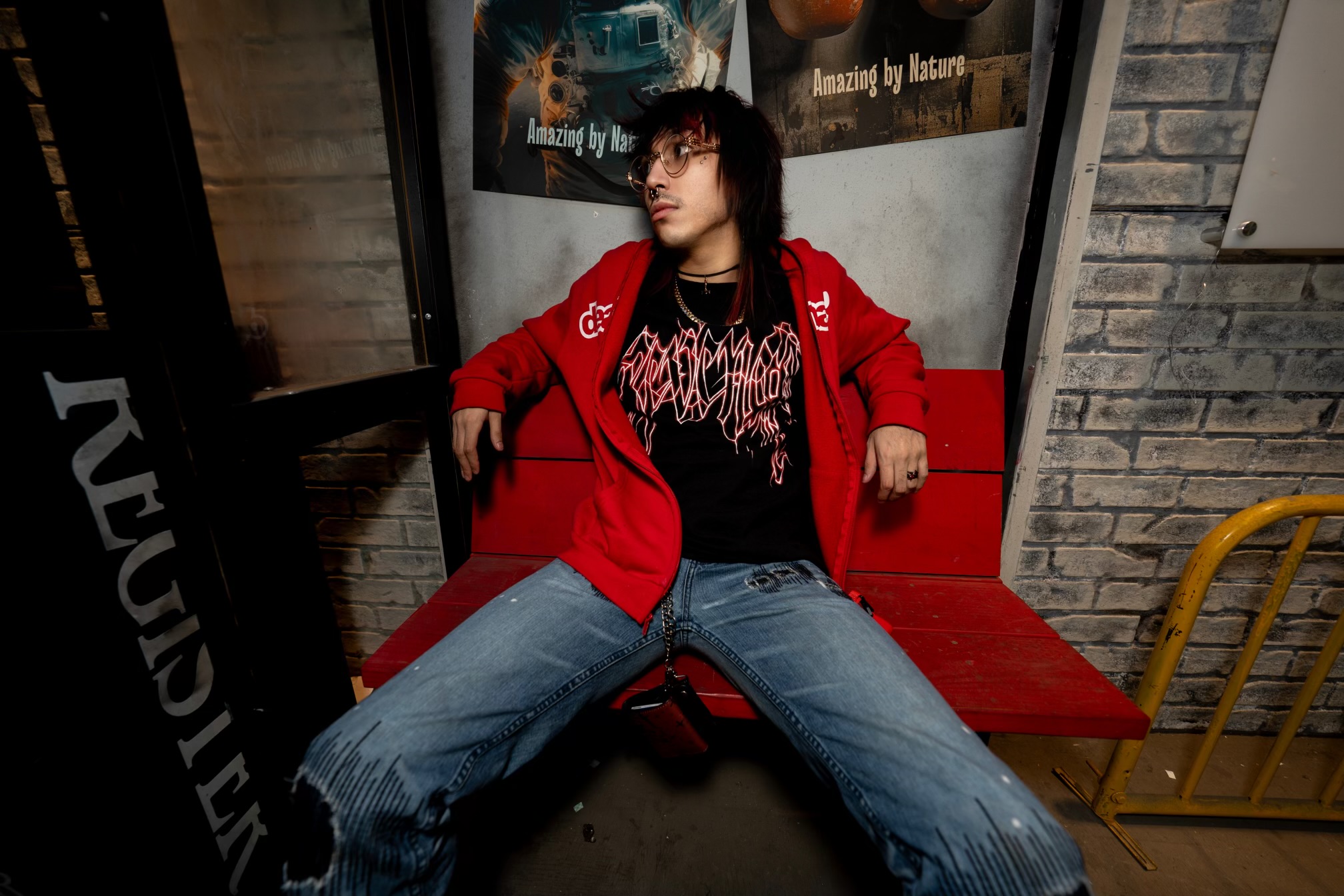World Piece Vol. 1, the new manga-style graphic novel by writer-illustrator team Josh Tierney and Agroshka and published by Viz Media, is a light romp through a sci-fi world of robots, basketball and shrunken planets. That may sound like fun, but unfortunately, it's less interesting than the sum of its parts and does not live up to its manga influences.
World Piece follows Lucas, a friendly teenage boy living in Toronto, Canada. Lucas is portrayed as somewhat clueless, the kind of guy who's loved by the girls but can't score a date; the kind of guy who just wants to play his favorite sport (basketball), even if he's constantly throwing bricks.
Everything changes for Lucas when he goes on a site visit with his archaeologist mother. His mom is studying strange artifacts that may be alien in nature, and Lucas is naturally intrigued. Through a quick misadventure with one of the artifacts, Lucas finds himself alone in a black void, with the Earth shrunk down to the size of a basketball.
What follows is a sort of shonen-lite experience as Lucas and his new friends Lully, an innocent not-princess, and Mitton, a tsundere pacifist deserter, explore the futuristic world of Affin in their quest to save the Earth. Lucas quickly discovers that the shrunken down Earth is invulnerable -- not only that, it makes a useful weapon. Lucas may be mediocre at basketball, but he quickly figures out how to use the Earth in a sort of basketball kung-fu.
Lucas's instant affinity for basketball-based combat is emblematic of what's wrong with the book. Perhaps the most common trope in manga is that hard work pays off. It's a markedly different approach from American comics -- Spider-Man gets bit by a radioactive spider and he's instantly the fully-formed web-slinger we know and love, at least so far as his powers and fighting ability go. On the other hand, a character like My Hero Academia's Deku is forced to sweat, bleed and cry to achieve his goals.
Lucas has no need to work for anything -- he's immediately powerful, able to handle anything that comes his way, easily dispatching multiple enemies singlehandedly. Nor does he have the angst that makes a character like Peter Parker compelling. Given the high stakes of his situation (literally the fate of his planet is in the balance), he doesn't seem perturbed by anything that happens to him. Lucas is a blank slate; he has no real opinions or character traits, and the book suffers for it.
Likewise, the world of Affin never feels quite realized. There's some sort of army called the "probots" and there are also robots called "probots." There's an ongoing war between factions that are never specified, everything's generically sci-fi... and that's about all we know. The best manga create worlds that feel vibrant and alive from the first page, and sadly Affin is not this.
All this might seem like nitpicking and an unjust critique of a work that's clearly designed for children. But just because a work of media's target audience is children doesn't mean its characters can't still have depth. The similarly named One Piece is a good example of that, as is much of Shonen manga -- Dragon Ball, Naruto, etc. These stories have fully fleshed out characters with clear goals, wants, flaws, quirks -- you name it. Likewise with their setting: One Piece frequently has Luffy and the Straw Hat Pirates arriving on new islands, and the world-building is always superbly detailed and deep.
This is just World Piece volume 1, of course, so much of the character development and world-building is likely still to come. There are also positive aspects of the novel -- Agroshka has a real talent for drawing robots, the concept is fun and creative, and Lucas' friends Lully and Mitton are charming and have the seeds of character growth. World Piece doesn't make a great first impression, however, and unfortunately, readers will likely be leaving the world of Affin without ever really getting to know it in the first place. Ultimately, for a manga that seems keen on showing its love for the genre, you'd be better off simply sticking with the source material.
About The Author
